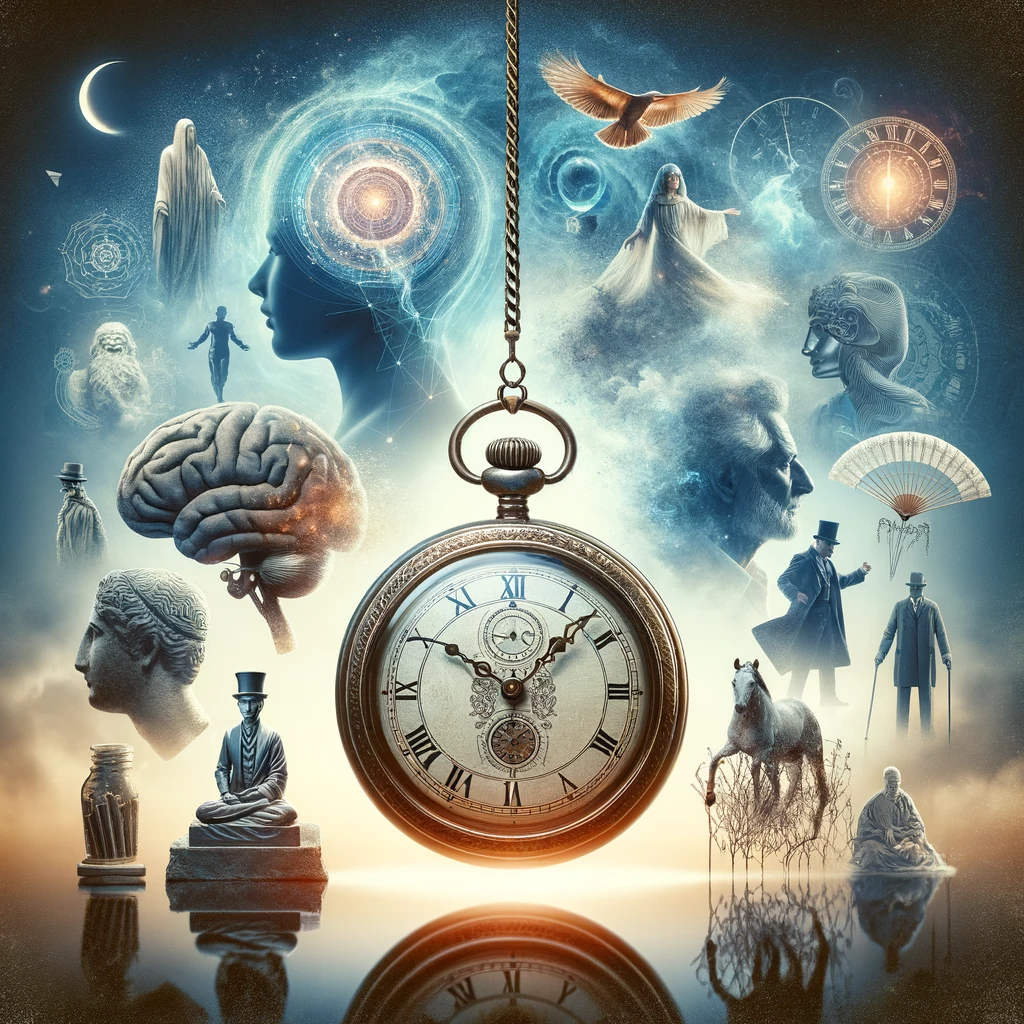Welcome back to another installment of hypnosis news with Amber. Earlier this year we talked about the history of hypnosis. I want to come back to that for a little bit today and highlight the Hypno heroes of both today and of the past. I want to honor those who have come before us and those who are some of the most influential in our field today.
Our Hypno Heroes
Until the late 1800s psychology was merely considered a branch of philosophy tasked with dealing in speculation. Particularly speculations and theories on how the mind works. Early psychology had no scientific exploration, experiments, or therapeutic practice. It was nothing like the psychology we know today.
There are some who have speculated that therapeutic practice began with Freud. This is simply not the case. Psychology was actually being practiced long before we had a field or words for it. In reality depth, psychology and psychoanalysis actually originated with the practices of hypnosis, mesmerism, and other esoteric disciplines.
Franz Anton Mesmer (1734-1815)
“Nature affords a universal means of healing and preserving men.”
― Franz Anton Mesmer
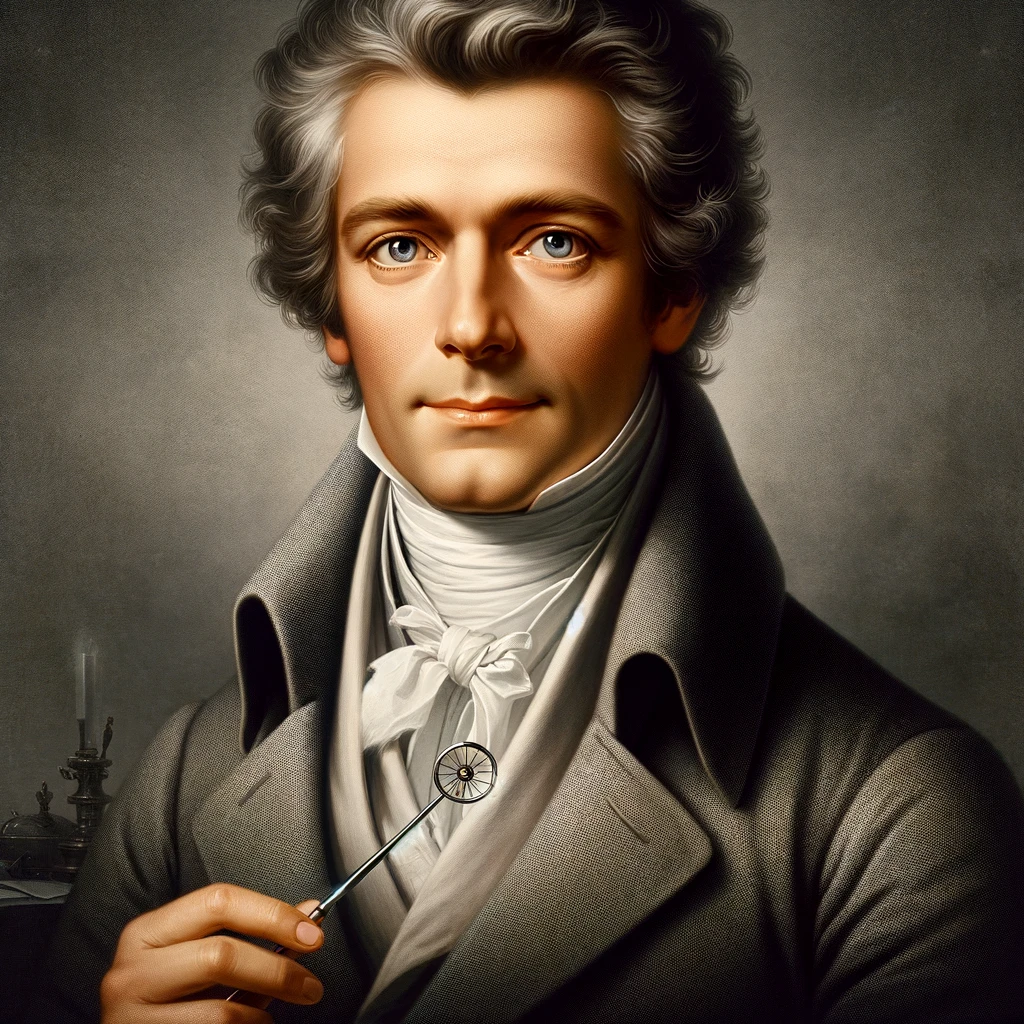
Mesmer was a medical doctor in Austria. A follower of the 16th-century ideas of Paracelsus who rejected the idea that illness was due to an imbalance of bodily humors. Instead, he theorized an unconscious that could cause disease. Influenced by this theory of Paracelsus, Mesmer produced altered states of consciousness in his patients to communicate with the unconscious before removing the symptoms. He called this mesmerism which later gave rise to hypnotism. His work demonstrated deeper portions of the mind not accessible to the usual state of consciousness and that in altered states the mind has the power to do amazing things. Including healing itself to some extent.
Jean-Martin Charcot (1825-1893)
Theory is good, but it doesn’t prevent things from existing.
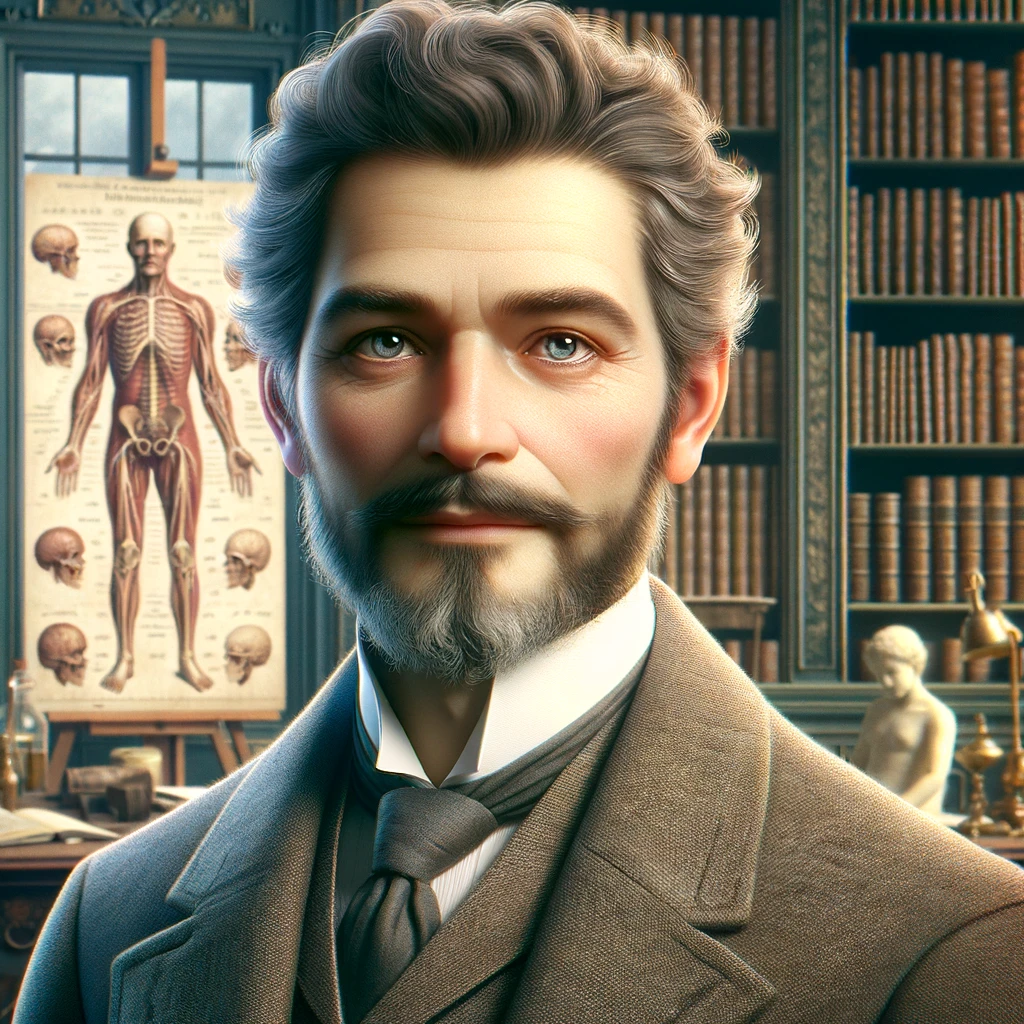
It was in France that Charcot, the founder of modern neurology, inspired depth psychology. He was a respected teacher who taught and demonstrated hypnosis. He produced various phenomena in his subjects and invited medical students to verify their authenticity. Before bringing them out of the trance he removed their symptoms. Where Mesmer theorized the unconscious could heal, this Hypno hero showed that the unconscious could also produce symptoms of diseases.
Sigmund Freud (1856-1939)
The mind is like an iceberg; it floats with one-seventh of its bulk above the water.
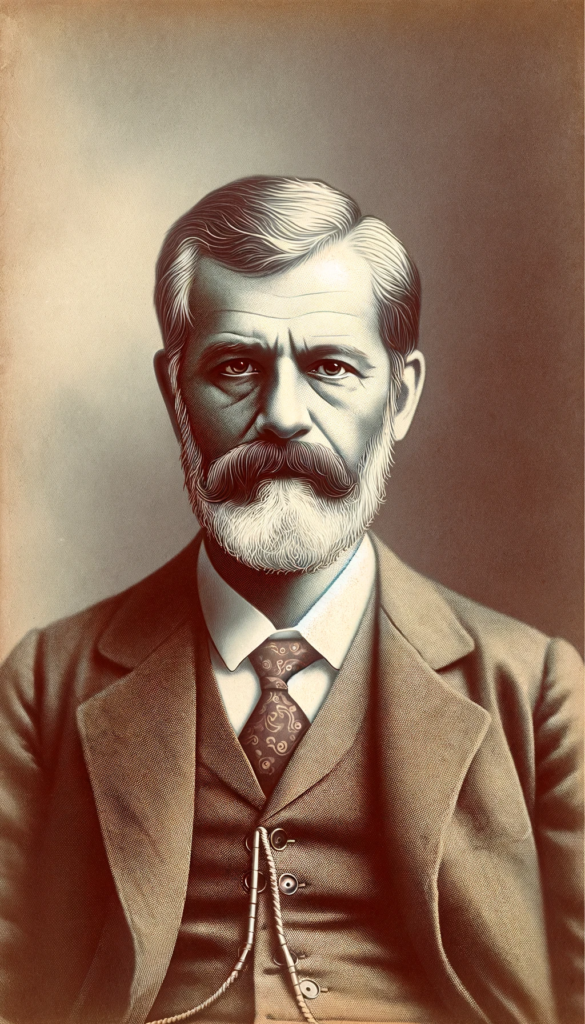
One of the best-known Hypno heroes, Freud attended Charcot’s lectures in France and was inspired. He figured that if someone could produce symptoms with trance, then it was also possible that the mind could produce an illness. Which theoretically meant that it could be treated by healing the unconscious mind. He practiced hypnosis but struggled to get his patients into trance effectively. This is why he ultimately turned to dream analysis to gain insight into their maladies, similar to the Egyptian dream temples mentioned in our Hypnotic Timeline Series (part 1) (part 2). This was the beginning of psychoanalysis.
Carl Jung (1875-1961)
Projection [of our own shadow] makes the world a replica of our own unknown face.
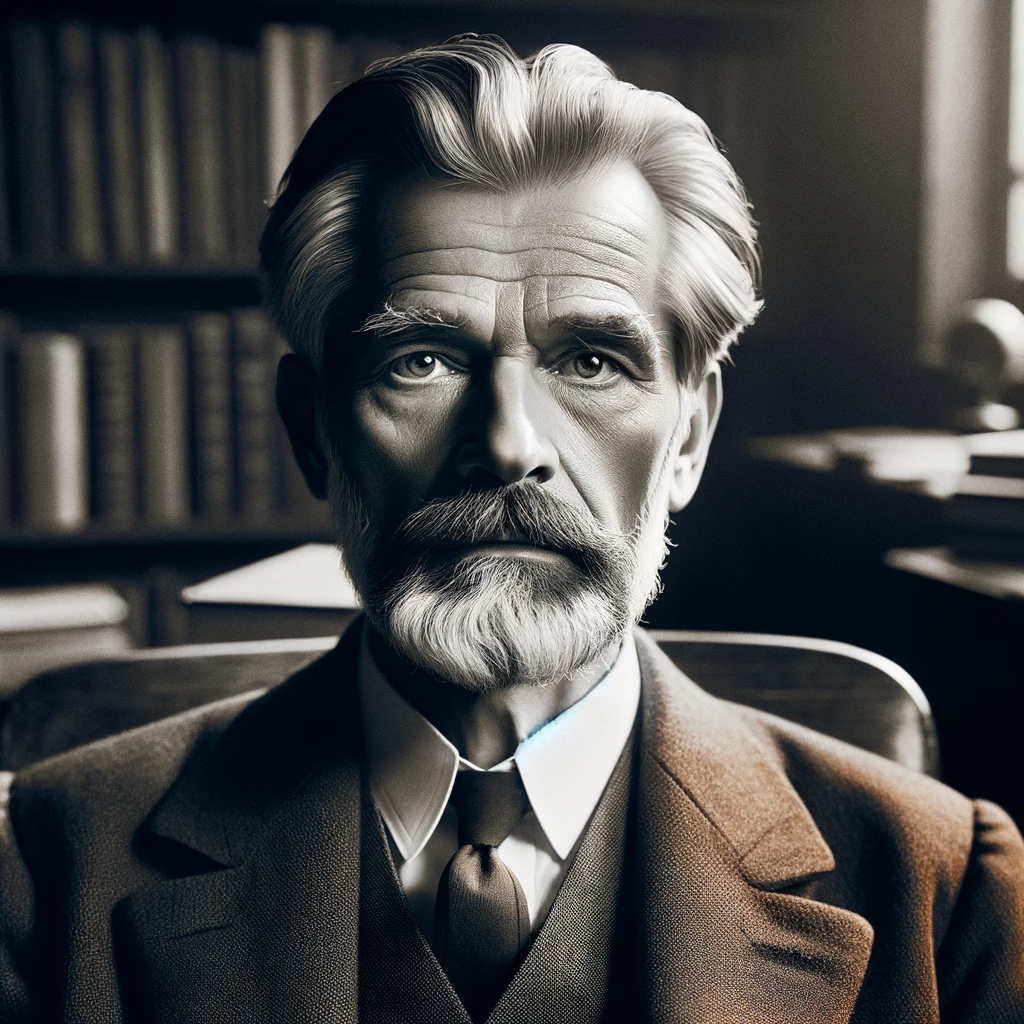
Jung specialized in mental illness. His study of Mesmer caused him to recognize that there are unconscious forces that are transcendental, symbolic, and methodological in nature (collective unconscious) He sought to explore this connection through hypnosis, this Hypno hero ultimately identified that different parts of their psyche represented themselves as different personalities, but all with the intention of coming together. Due to this, he believed that we needed to communicate with those parts, dark or light, to fix our problems. He called this process individuation.
Andrew Salter (1914-1996)
Salter was a hypnotist and psychologist who specialized in teaching self-hypnosis. Unfortunately, he is not well known even among hypnotists as a Hypno hero. He used a behavioral approach, believing that hypnosis was akin to classical conditioning. That by bypassing the analytical mind the unconscious could train the brain to do something more quickly and efficiently than one could do in a waking state. He was also the primitive precursor of modern hypnotic skills training programs as well as being considered the father of assertiveness training, even if he would not say so himself. He is also the reason, much to many hypnotist chagrins that progressive muscle relaxation inductions are the most well-known induction (and the longest).
Dave Elman (1900-1967)
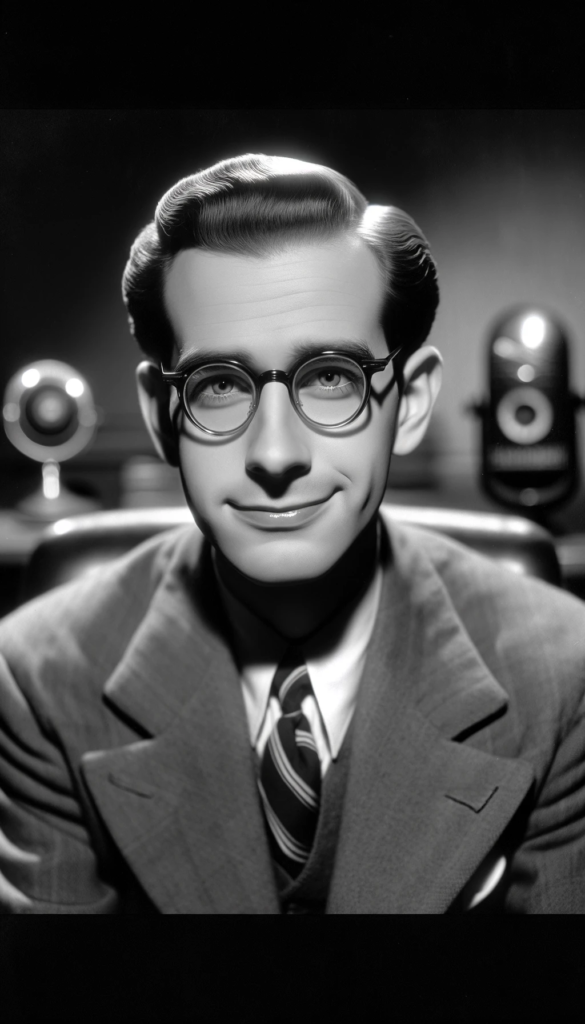
Elman was a noted American radio host, comedian songwriting, and hypnotist. HE learned hypnosis to help his father overcome chronic pain due to cancer after a family friend received relief from a hypnotist. It did not take him long to realize all the applications and make a career of relieving the pain of others. For a while, he worked the vaudeville circuit as Elman, The Worlds Youngest, and Fastest Hypnotist.
In 1949 Elman began teaching hypnosis to doctors and dentists. He traveled the country making the first educational hypnosis audio files “Medical Relaxation”.
Milton Erikson
Our client’s problem is that they have lost rapport with their unconscious mind. Our job is to help restore that relationship.
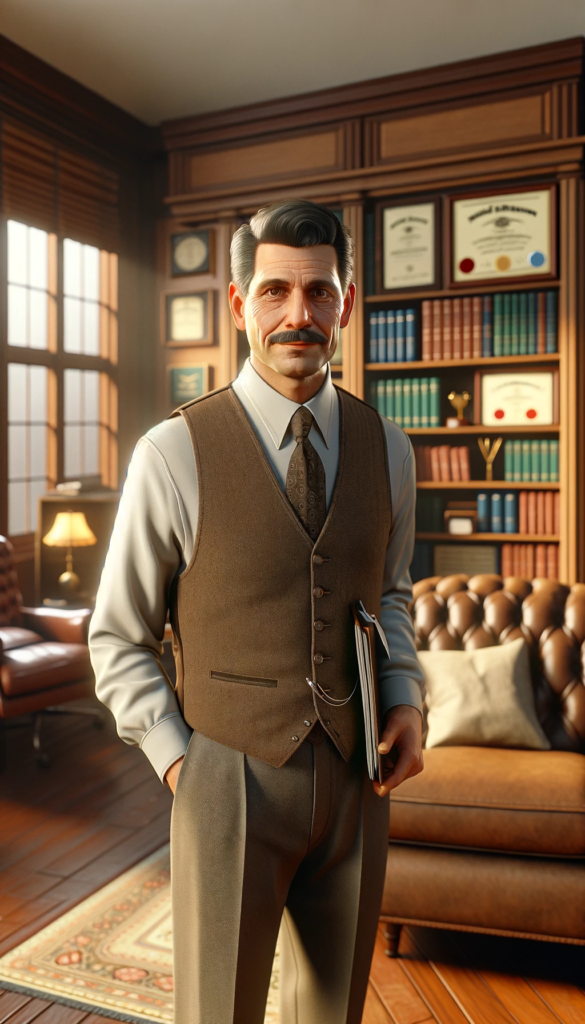
One of my favorite Hypno heroes, Erikson was an American psychiatrist. He is often noted for his unconventional approaches and theories as well as his ability to enact change in a few sessions.
NLP is based partially on his methods. He believed any suggestion could work both ins and out of trance so long as the unconscious mind agreed with the proposal.
It was not uncommon for him to slip indirect suggestions into his books and conversations. He also felt that the classical therapeutic request “tell me everything about …” was both aggressive and disrespectful. Instead, he would ask the resistant patient to withhold information and only to tell what they were really ready to reveal.
Richard Bandler (1950-present)
The easier you can make it inside your head, the easier it will make things outside your head.

Bandler is best known for his creation of Neurolinguistic Programming. Developed as a part of some research into what makes a good therapist, it has become a standard tool in many therapeutic practices. He said that language could be transformative if you used it correctly. Having been influenced by Milton Erickson, the language used has some hypnotic elements. Hypnotist today are still encouraged to learn NLP to strengthen their skills of suggestion.
And So The Story Continues…
From Paracelsus to Bandler and to the future, the Hypno heroes continue on. Who knows which of the big names today will also join this list in the future. Melissa Tiers paves the way for teaching about anxiety techniques. Mark Cunningham trailblazers a variety of symptoms with unconventional methods. Mike Mendel and Jason Linett teach a brand new class of hypnotist every day. Each Hypno hero adds to history and builds the future of hypnosis.

